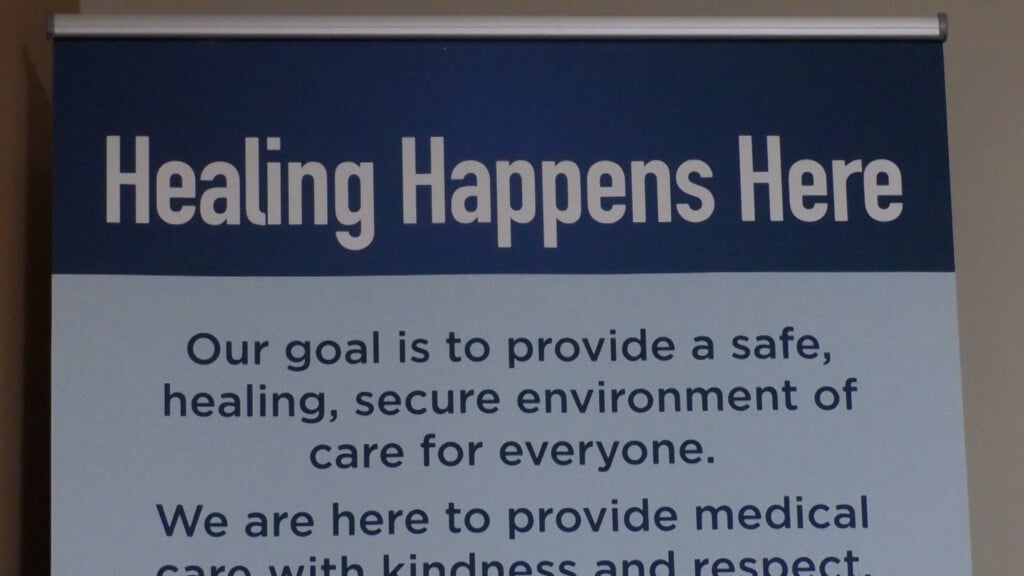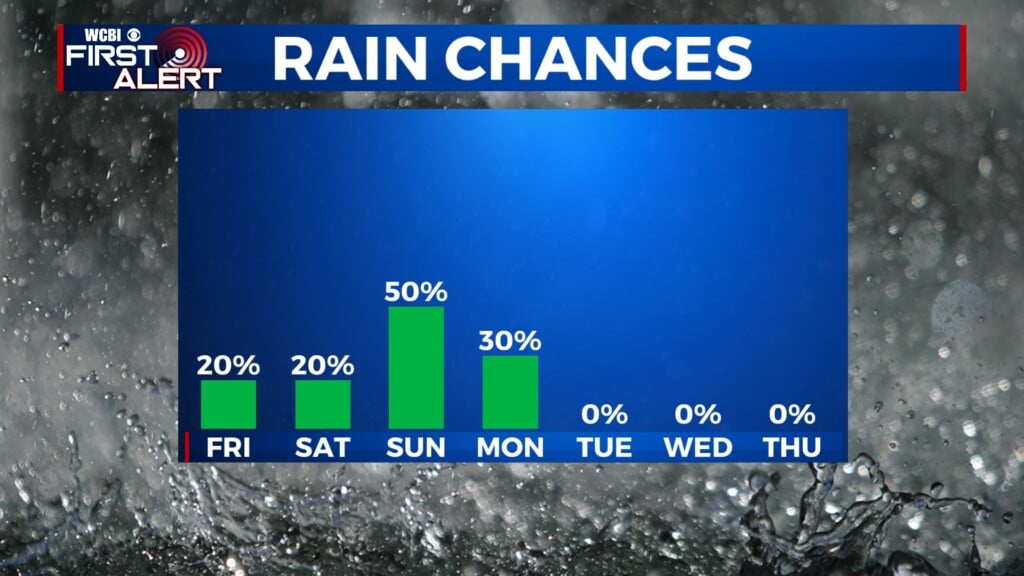Securing Crime Scenes
NOXUBEE COUNTY, Miss. (WCBI) – Law enforcement officers rely on their training to help them handle both routine incidents and major crime scenes, but it can be tough to work additional training into busy schedules.
That’s especially true in smaller departments, who often have to deal with tight budgets and less manpower.
Whether law enforcement are learning new techniques or brushing up on old ones, it’s something that has to constantly be done.
Especially, when it comes to securing major crime scenes.
Yellow crime scene tape, flashing lights, and law enforcement as far as you can see.
It’s not a common scene in smaller towns.
“We don’t have murders every day in Macon, Mississippi. We don’t have aggravated assaults every day in Macon, Mississippi, and even rape cases, we don’t have those in small towns, so not having the repetition of that, you’re not on it all of the time. It can be easy to forget small things that help your case or hurt your case,” says Macon Assistant Police Chief Davine Beck.
That’s why reviewing crime scene management procedure is crucial for departments that don’t work major crimes as often.
The details can make or break the case.
“Something as small as a hair fiber, collecting shell casings, collecting knives, or any small evidence you think you can overlook can be crucial in a grand jury in getting a true bill, or a no bill, an indictment, or getting somebody sent away.”
Columbus Forensic Crime Lab Director Austin Shepherd says training and knowledge go a long way and can help make up for limited resources.
“It’s a very basic methodology that when employed correctly, pretty much any agency could afford to do it, the training just has to be there. The people that are processing the crime scene need to have the training and the ability to utilize that training to use it on a crime scene,” says Shepherd.
Although smaller departments have the training, they may not have all of the tools.
Often, the Mississippi Bureau of Investigation will come in to assist.
“I think it’s more of a resource issue. A lot of the smaller agencies aren’t use to working major crime scenes, you know, thankfully, there aren’t just tons and tons of homicides, so they don’t have to go out to major things like that often,” says Shepherd.
But when they do, those first few minutes are critical to put training to use.
“Talk to witnesses, collect evidence, know all of the proper procedures that are necessary in order to complete that investigation, and even though they don’t complete the entire investigation, another agency may come in, but before that agency gets there, they are the first responders to that scene,” says District 16 Assistant District Attorney, Trina Davidson Brooks.





Leave a Reply